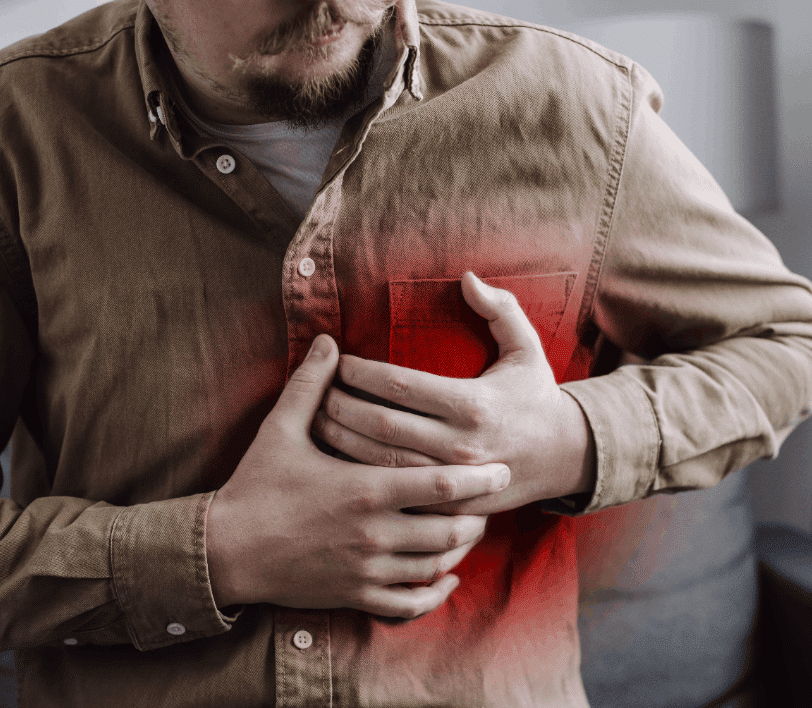There are several health conditions, along with your lifestyle, age, and family history that can increase your risk for heart palpitations. There are many cardiac which can increase your risk of heart palpitations.
It’s important to lower your risk by monitoring the factors you can control, such as smoking, physical activity, poor diet, and overconsumption of alcohol. Health conditions that can also be monitored include stress, anxiety disorder, and hyperthyroidism. It’s also best to avoid medicines that contain stimulants.







